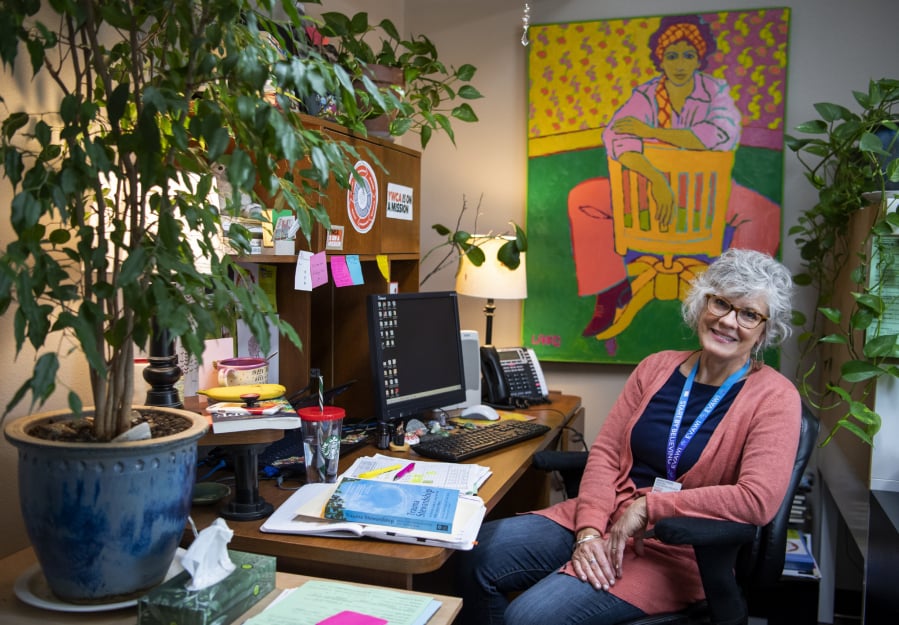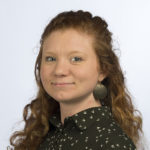On any given day, Margo Priebe can most likely be found attached to her telephone headset, working YWCA Clark County’s 24-hour hotline for domestic violence.
Her office at the YWCA is cozy, with several seats reserved for those seeking help by walk-in, too.
It’s not a job with a light workload. According to data from the National Coalition Against Domestic Violence, one in four women and one in nine men experience physical abuse. In Clark County from 1997 through 2018, there were 49 homicides and 22 suicides related to domestic violence, according to numbers provided by the Washington State Coalition Against Domestic Violence. The group also reported in its Domestic Violence Fatality Review that American Indian and Alaska Native women in Washington die at rates 2.8 times higher than white, non-Hispanic women.
And for many, the first stop in getting help is the local YWCA.
Having experienced abuse when she was young, Priebe, a Eugene, Ore., native, made it her mission to help others who have experienced similar trauma. She started as a volunteer in 2004 and was employed by 2005. She’s one of 25 employees in the YWCA Clark County’s SafeChoice program, which receives the largest portion of the organization’s funding. They operate a domestic violence-specific shelter, the only one in the county.




